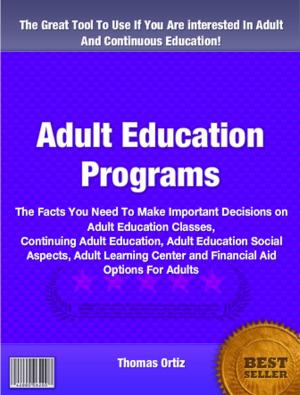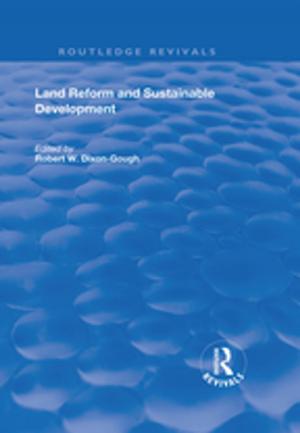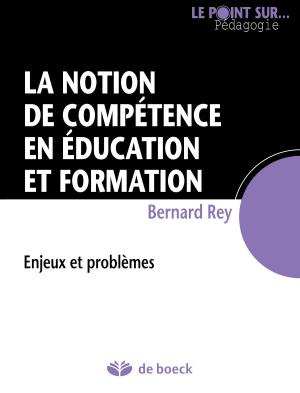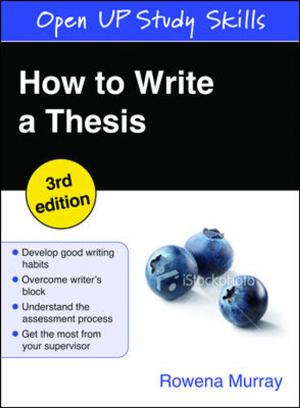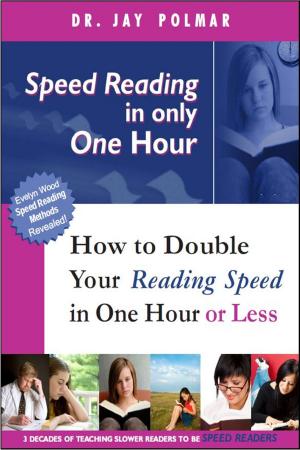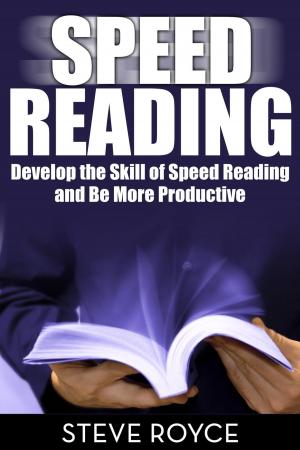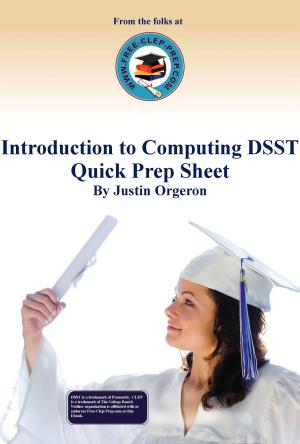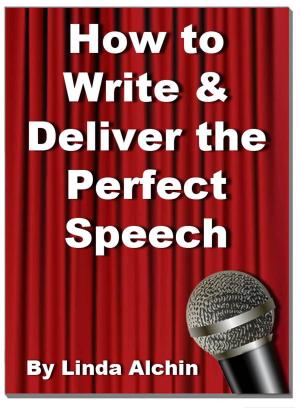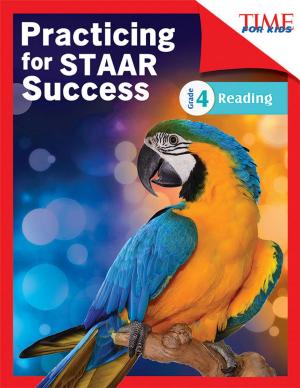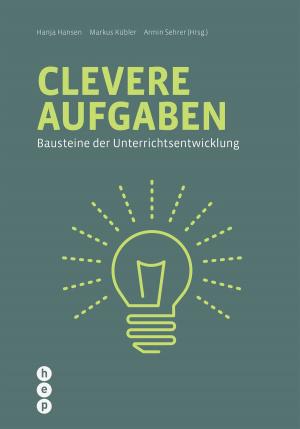| Author: | Janine Schott | ISBN: | 9781458197245 |
| Publisher: | Janine Schott | Publication: | May 26, 2011 |
| Imprint: | Smashwords Edition | Language: | English |
| Author: | Janine Schott |
| ISBN: | 9781458197245 |
| Publisher: | Janine Schott |
| Publication: | May 26, 2011 |
| Imprint: | Smashwords Edition |
| Language: | English |
Multi-Choice examinations are gaining in popularity with academic staff. Though multi-choice examinations do take longer to prepare, they are definitely much faster to mark. As lecturers are typically faced with increasing numbers of students and shorter deadlines in regard to finalising examination results, the use of multi-choice examinations in on the increase.
John Elms is the author of a most helpful series of informative texts which clearly advise, in the minimum number of words, how a novice student can more successfully undertake the assessment demands of a university, in this instance, multi-choice exams.
Contents include:
The Components of a Multi-Choice Examination
A Simple Illustration of a Multi-Choice Question
What is required of a Multi-Choice Exam Candidate?
A Simple Classification of Types of Knowledge that Comprise a Unit of Study
A Trick to be Aware of in Multi-Choice Examinations
Introductory Comments about the Recommended Multi-Choice Examination Strategy
The Recognition or Reward Aspect
The Penalty Aspect
The Typical Multi-Choice Examination Conditions and How to Benefit
The Passing Mark Aspect
Consideration of these Three Aspects
What to Learn about Multi-Choice Examinations
A SIMPLE STRATEGY FOR OPTIMISING YOUR MULTI-CHOICE EXAMINATION SCORE
~ The First Time through a Multi-Choice Examination
~ The Second Time through the Multi-Choice Examination
~ The Third Time through the Multi-Choice Examination
~ Action to Take Just before the End of the Examination
Advice Regarding How to Prepare for a Multi-Choice Examination
The Success of this Simple Multi-Choice Examination Strategy
Concluding Comments
***
John Elms spent more than 20 years at the University of Southern Queensland in Toowoomba Queensland. During this time he has conducted comprehensive applied research in regard to improving higher education student productivity. After directly observing many novice higher education students struggling with the various forms of 'progressive assessment' he formulated a simple and practical set of productivity strategies to cope with the most common forms of assessment.
His books are respected by students because the strategies described in them are easy for most students to implement and readily produce improved results.
Multi-Choice examinations are gaining in popularity with academic staff. Though multi-choice examinations do take longer to prepare, they are definitely much faster to mark. As lecturers are typically faced with increasing numbers of students and shorter deadlines in regard to finalising examination results, the use of multi-choice examinations in on the increase.
John Elms is the author of a most helpful series of informative texts which clearly advise, in the minimum number of words, how a novice student can more successfully undertake the assessment demands of a university, in this instance, multi-choice exams.
Contents include:
The Components of a Multi-Choice Examination
A Simple Illustration of a Multi-Choice Question
What is required of a Multi-Choice Exam Candidate?
A Simple Classification of Types of Knowledge that Comprise a Unit of Study
A Trick to be Aware of in Multi-Choice Examinations
Introductory Comments about the Recommended Multi-Choice Examination Strategy
The Recognition or Reward Aspect
The Penalty Aspect
The Typical Multi-Choice Examination Conditions and How to Benefit
The Passing Mark Aspect
Consideration of these Three Aspects
What to Learn about Multi-Choice Examinations
A SIMPLE STRATEGY FOR OPTIMISING YOUR MULTI-CHOICE EXAMINATION SCORE
~ The First Time through a Multi-Choice Examination
~ The Second Time through the Multi-Choice Examination
~ The Third Time through the Multi-Choice Examination
~ Action to Take Just before the End of the Examination
Advice Regarding How to Prepare for a Multi-Choice Examination
The Success of this Simple Multi-Choice Examination Strategy
Concluding Comments
***
John Elms spent more than 20 years at the University of Southern Queensland in Toowoomba Queensland. During this time he has conducted comprehensive applied research in regard to improving higher education student productivity. After directly observing many novice higher education students struggling with the various forms of 'progressive assessment' he formulated a simple and practical set of productivity strategies to cope with the most common forms of assessment.
His books are respected by students because the strategies described in them are easy for most students to implement and readily produce improved results.

